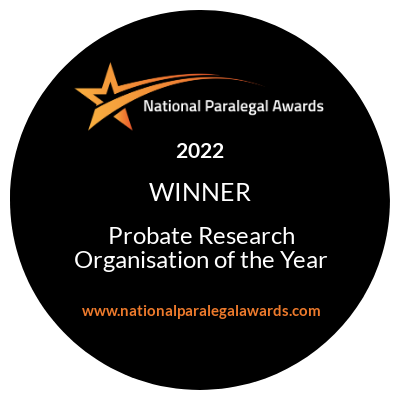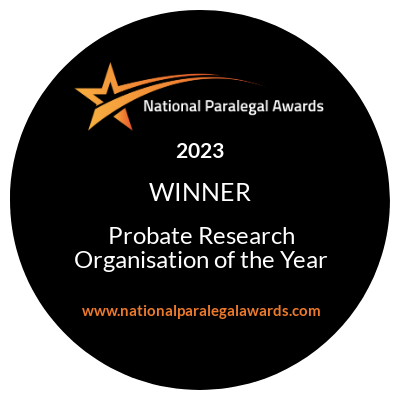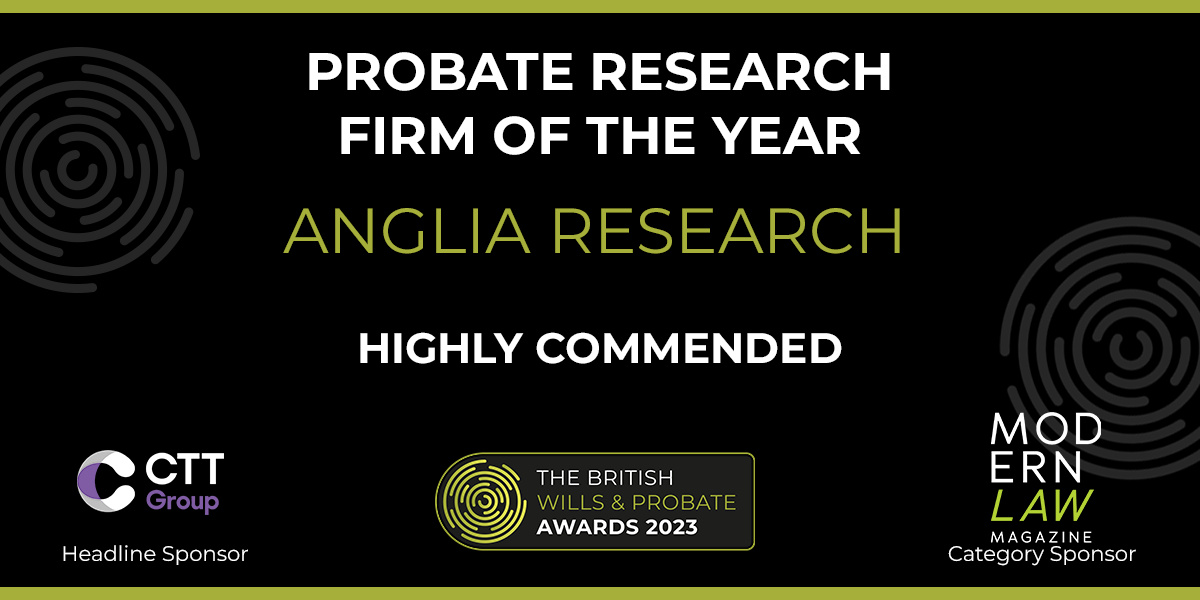When personal interest conflicts with legal duty

Legal advisers need to be aware that in intestacy cases where the personal representative is also a beneficiary there is no incentive to track down other beneficiaries. The following case history highlights the dangers of distributing an estate without verifying the deceased’s family tree.
The law requires a personal representative (and thus the instructed practitioner) to distribute an estate to all entitled beneficiaries. It’s a legal duty that exposes administrators of intestate estates to significant risk when assumptions are made about the deceased’s surviving relatives.
Otherwise honest people may convince themselves (and their legal representative) that they know all there is to know about their family and that any further investigation is unnecessary. After all, from an administrator’s point of view, there is no incentive to commission research that will either confirm what they already know or reduce their share of an estate.
At Anglia Research we have an insight into how frequently maladministration can and does occur. Over 25% of the family trees that we are asked to check contain inaccuracies or omissions – and it’s by no means unknown for a personal representative to suppress information about other relatives or be asked to do so by other parties.
In one case, Florence C died intestate and without issue. There was no surviving spouse. Florence was born shortly before the First World War, the illegitimate daughter of Mary C. Her father was not named on the birth certificate and her mother subsequently married and had five further children.
Sadly, all five of Florence’s half-siblings had died by the time of the administration, but each of them had surviving issue.
Over the years, the family had dispersed throughout the UK and beyond. As a result, the children of four of Florence’s half-siblings had no knowledge of the deceased. However, the children of her younger half-sister were aware of her death. After swearing an oath to the effect that through his late mother he was one of the persons entitled to Florence’s estate, one of them (Mr F) obtained a grant of letters of administration and proceeded to distribute Florence’s estate to himself and his own siblings as the only entitled relatives.
Fortunately, Anglia Research was aware of the intestacy and investigated the family tree. We established the entitlement of the children of the four overlooked half-siblings, and provided the deprived claimants with the documentary evidence they needed to launch a multi-claimant action against Mr F as the administrator.
Our files are full of similar cases – every one of them a testament to an administrator’s failure to investigate adequately the deceased’s family history. It’s clear to us that, in cases of intestacy, legal advisers must learn to insist on much more than hearsay and rumour if they are to protect their clients, and indeed themselves, from the consequences of error or oversight. What can seem to a distant relative like a significant windfall (to pay for a once-in-a-lifetime holiday, for example) can end up as a significant debt to be repaid to other family members. Administrators are likely then to look into the responsibilities of their legal advisers.
At Anglia Research, we offer free expert advice on the accuracy of the family tree provided by friends and relatives of the deceased. Contact us for an assessment: we’ll examine what information you have and if we think further investigation is necessary, we’ll explain what steps we recommend should be taken in order to distribute the estate with peace of mind all round.
2024 Anglia Research Services All Rights Reserved.
Anglia Research and Anglia Research Services are trading names of Anglia Research Services Limited, a company registered in England and Wales: no. 05405509
Marketing by Unity Online








